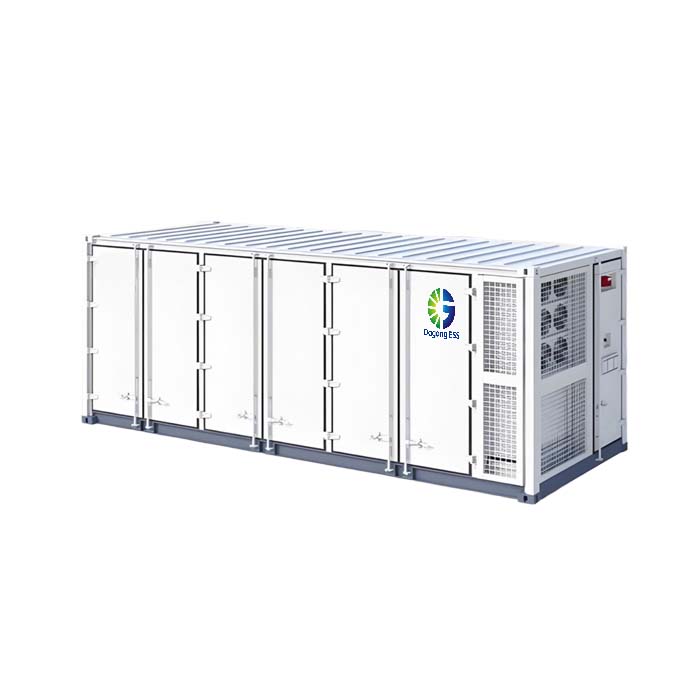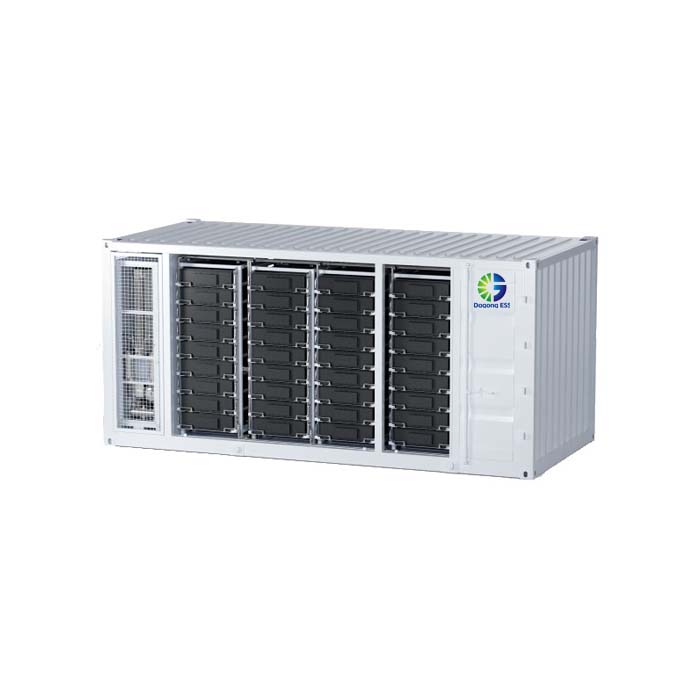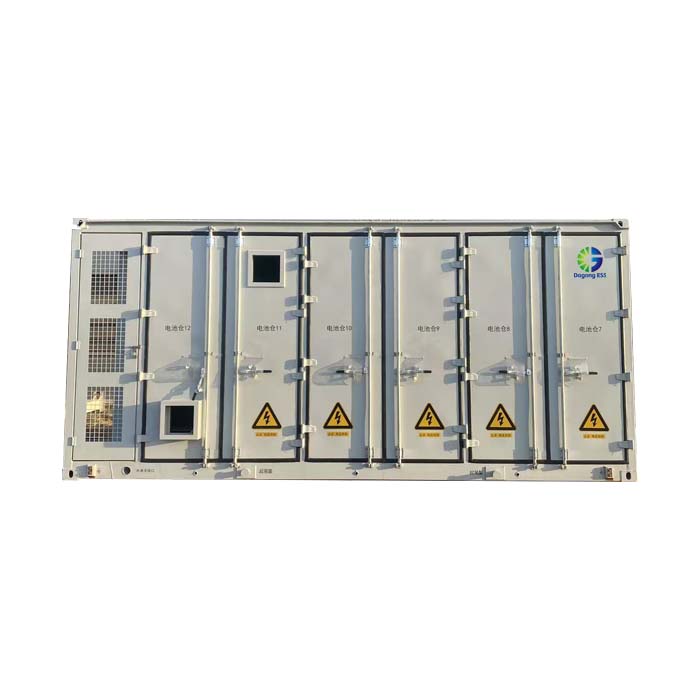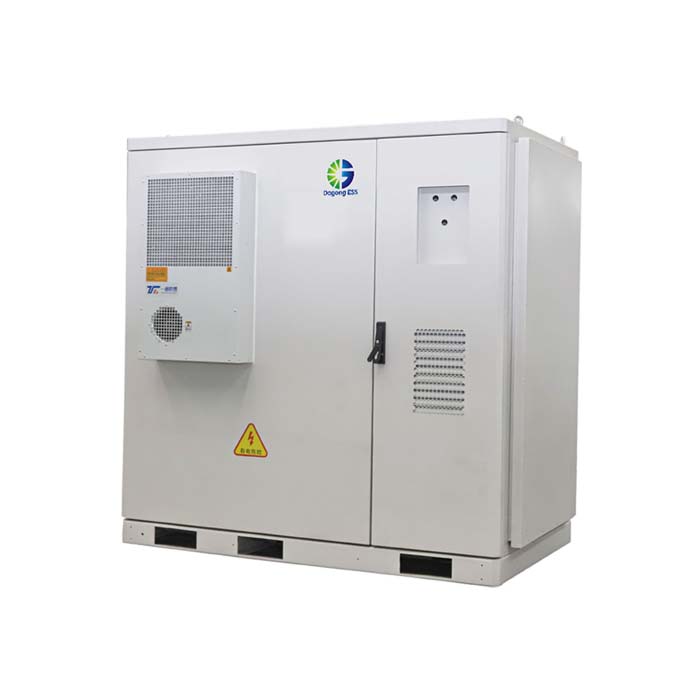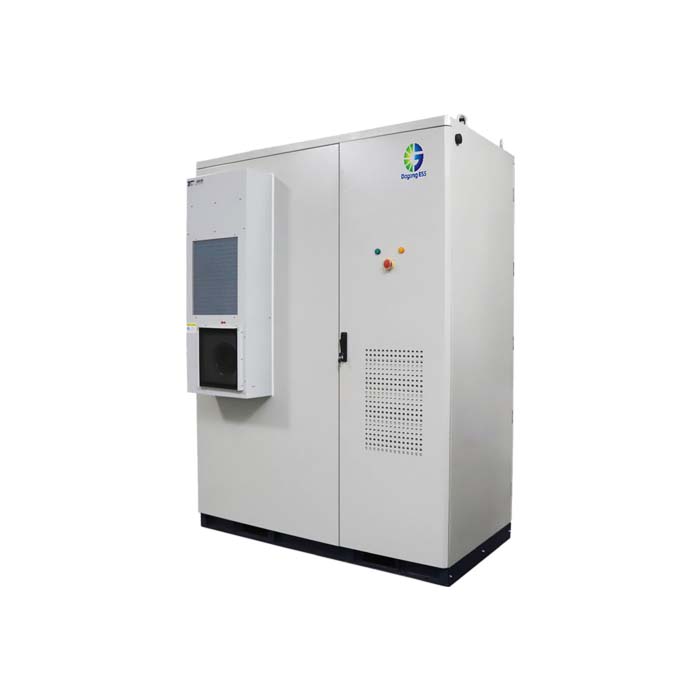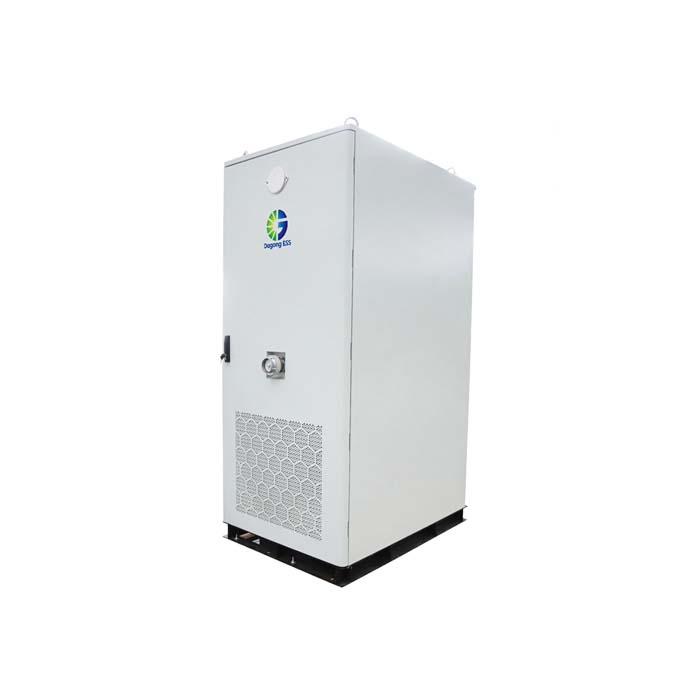Residential Energy Storage Systems with Solar Power
What is residential energy storage?
Residential energy storage refers to systems that allow homeowners to store electricity for later use, typically using batteries. This stored energy can be used to power homes, especially during peak demand periods or power outages. It also enables the use of excess energy generated from renewable sources like solar panels.
features of residential energy storage
Residential energy storage systems allow homeowners to store excess energy for later use, providing backup power, reducing reliance on the grid, and potentially lowering energy costs. These systems typically consist of a battery (like lithium-ion) for energy storage, an inverter to convert the stored energy to usable electricity, and a Battery Management System (BMS) to control charging and discharging.
Reducing Electricity Costs with Solar-Plus-Storage
One of the primary drivers behind the adoption of residential ESS is the opportunity to significantly cut electricity bills. Solar panels generate energy during the day, and excess power not immediately consumed is stored in the ESS. This stored energy can then be used during peak hours or in the evening, when grid electricity prices are often higher.
For instance, a household with solar panels and an ESS can operate major appliances such as air conditioners or washing machines using solar-stored energy. Additionally, modern ESS units can be programmed to charge from the grid during off-peak hours, providing further cost optimization.
Dagong ESS offers smart scheduling and energy management features that allow homeowners to automatically switch between solar and grid charging based on time-of-use rates, maximizing efficiency and savings.
Dual Charging Modes: Enhanced Flexibility and Energy Security
Modern ESS systems are equipped with dual charging modes—charging from solar energy when available and switching to grid power when needed. This ensures an uninterrupted power supply regardless of weather or time of day.
On sunny days, the ESS charges primarily through solar input, promoting clean energy usage. On overcast days or during winter months when solar production is lower, the system can seamlessly charge from the grid to maintain energy availability.
Dagong ESS systems are designed with intelligent energy source switching algorithms that prioritize renewable energy but ensure backup grid charging is always ready. This dual-mode capability greatly enhances a home’s energy resilience, particularly in regions prone to power outages or seasonal variation in sunlight.
Powering Appliances and EVs with Stored Energy
As electric vehicles (EVs) become more mainstream, homeowners are seeking integrated charging solutions. A residential ESS allows EVs to be charged with stored solar energy, significantly reducing reliance on grid electricity and shrinking the household’s carbon footprint.
A typical use case involves charging the EV overnight using energy stored during the day. This not only minimizes electricity costs but also aligns with sustainable transportation goals.
In addition, the ESS provides reliable energy for running essential home appliances like refrigerators, water heaters, lighting, and even smart home systems. With Dagong ESS’s high-output configurations and scalable storage options, homeowners can customize systems based on their appliance loads and EV charging needs, ensuring uninterrupted power for every use case.
Safety and Reliability: Built-In Protections and Backup Power
Safety is a critical aspect of residential ESS technology. Leading systems, including those offered by Dagong ESS, are equipped with multiple protective features such as over-voltage protection, thermal monitoring, short-circuit safeguards, and real-time diagnostic systems.
In the event of a grid failure, the ESS automatically transitions to backup mode, keeping critical household systems running. Whether it’s powering communication devices, security systems, or medical equipment, Dagong’s ESS ensures continued safety and convenience during emergencies.
Furthermore, Dagong ESS uses LiFePO₄ battery chemistry, known for its thermal stability, long cycle life, and low risk of combustion—making it one of the safest battery options for home use.
A Greener Future: Environmental Benefits of Solar-Integrated ESS
Reducing reliance on fossil fuels is one of the greatest environmental contributions of residential ESS. By storing and utilizing solar energy, homeowners dramatically lower their greenhouse gas emissions and promote a cleaner energy grid.
Each home that adopts solar-plus-storage reduces its carbon footprint, helping to slow climate change and contributing to a global movement toward sustainability. Dagong ESS is committed to this cause, offering energy storage systems that align with clean energy goals and comply with international energy standards.
Moreover, Dagong supports customized installations to suit various climates and household energy needs, ensuring that every home—whether in sunny regions or mixed-weather areas—can contribute to the green energy transition.
Dagong ESS Products Showcase
5kWh to 80kWh Stackable Household Energy Storage System: Offers scalable energy storage capacity ranging from 5kWh to 80kWh, ideal for homes and light commercial settings.
5kWh to 10kWh Wall-Mounted Home Use Storage Battery: A compact and efficient battery solution designed for wall mounting with scalable expansion through parallel connections.
5kWh to 30kWh Rack Battery Cabinet: A compact and scalable energy storage solution suitable for both residential and commercial applications. It supports capacity expansion through parallel connections, ensuring long-term durability and cost-effectiveness.
The Future of Smart, Sustainable Homes
In conclusion, the integration of residential ESS with solar power offers homeowners unmatched benefits—cost savings, energy independence, backup power during outages, and a significant environmental impact. The flexibility of dual charging modes ensures reliable energy access no matter the weather or time of day, while supporting modern demands like EV charging and smart appliance management.
Dagong ESS stands at the forefront of this energy revolution, delivering intelligent, safe, and customizable energy storage systems that empower families to take control of their energy future.
As solar technology matures and the adoption of clean energy accelerates, residential ESS will become a cornerstone of smart home infrastructure—making homes not only more efficient and self-sufficient, but also more environmentally responsible.


